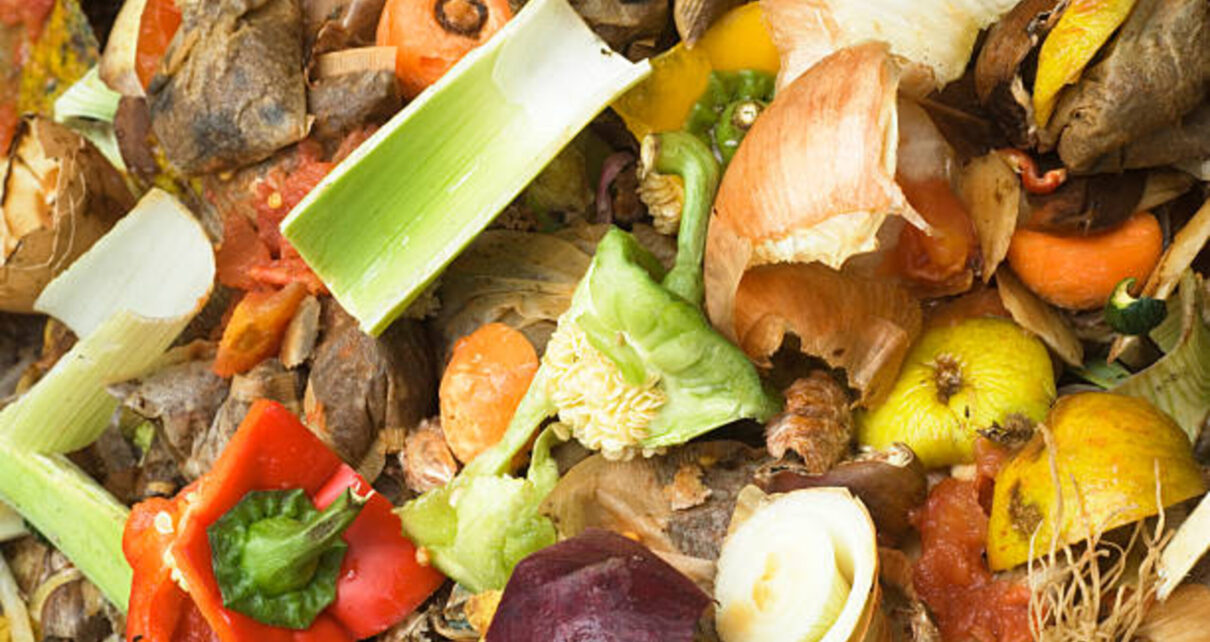The UN Food Waste Index Report 2024, released by the UN Environment Programme (UNEP) in anticipation of the International Day of Zero Waste, reveals a staggering 1 billion meals wasted daily across all continents in 2022. This alarming figure contrasts sharply with the 783 million people affected by hunger and the one-third of humanity grappling with food insecurity.
The comprehensive report, a collaborative effort with WRAP, offers the most precise global assessment of food waste at consumer and retail levels, providing actionable guidance for nations to enhance data collection and implement best practices to transition from merely measuring to actively reducing food waste.
In 2022 alone, the study found that 1.05 billion metric tonnes of food waste were generated, equating to 132 kilogrammes per person and nearly one-fifth of all food available to consumers. A significant 60% of this waste originated from households, with food services and retail contributing 28% and 12%, respectively.
Inger Andersen, UNEP’s Executive Director, expressed the gravity of the situation: “Food waste is not just an economic burden; it exacerbates climate change, nature loss, and pollution. Yet, there is hope. With focused efforts, countries can drastically cut food waste, mitigate climate and economic impacts, and make strides towards global sustainability goals,” she stated.
The report also underscores the progress made since 2021 in strengthening data infrastructure, with a notable increase in studies tracking food waste, particularly at the household level. However, many low- and middle-income nations still lack robust systems to track and achieve Sustainable Development Goal 12.3, which aims to halve food waste by 2030.
Harriet Lamb, CEO of WRAP, emphasised the need for concerted efforts: “To turn the tide on food waste, we need a unified approach across continents and supply chains. It’s imperative for G20 countries to measure food waste and strive towards SDG 12.3. Public-private partnerships are proving effective, but they need backing from all sectors to address the profound effects of food waste on food security, climate, and economies,” she urged.


